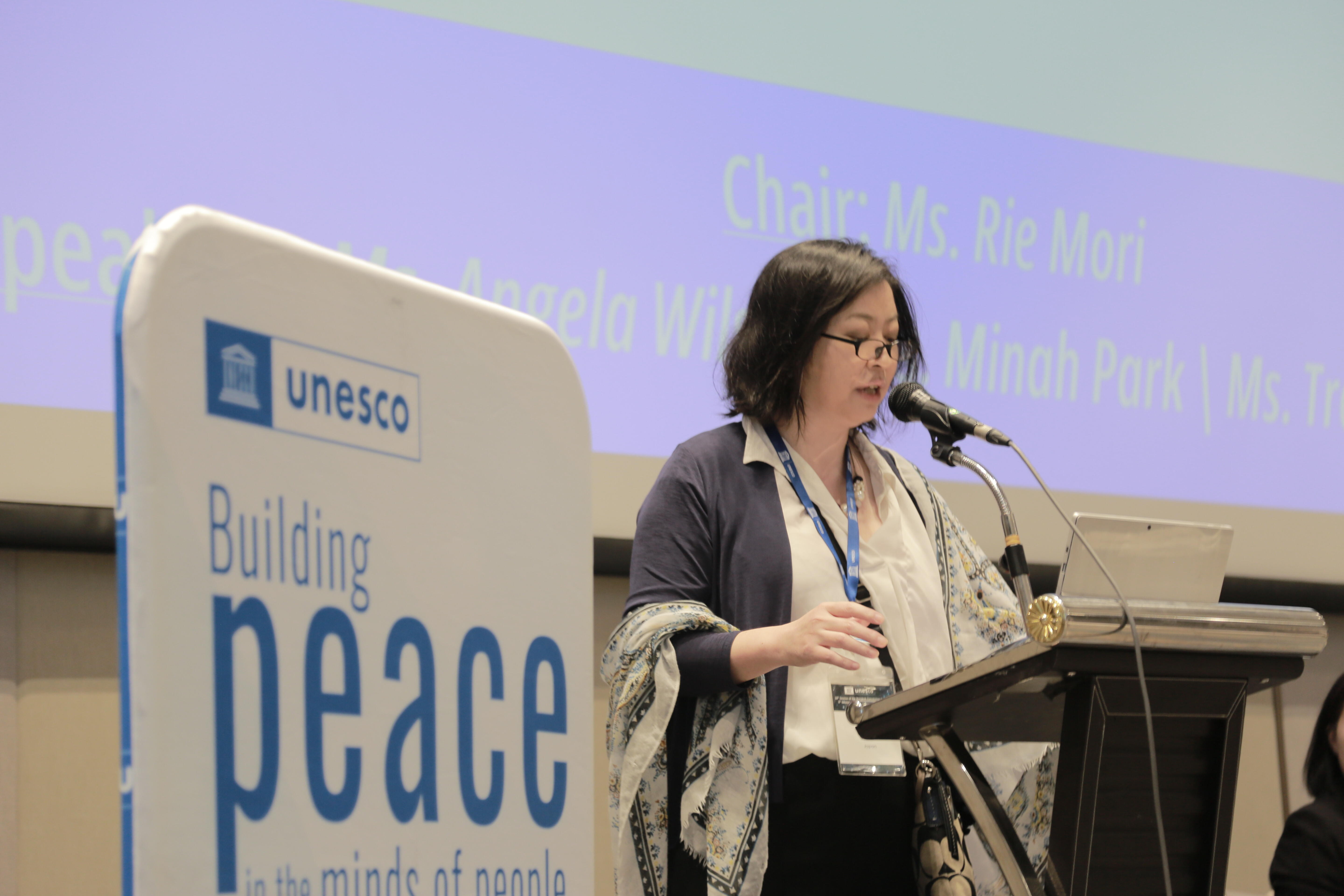The Fifth Session of the Tokyo Convention Committee held in conjunction with the Third Plenary of the Asia-Pacific Network of National Information Centres (APNNIC)
Activities Japan Overseas
The Fifth Session of the Tokyo Convention Committee Meeting was held in conjunction with the Third Plenary of the Asia-Pacific Network of National Information Centres (APNNIC) from 22 to 24 November 2023 in Bangkok, Thailand.
It was the first face-to-face meeting since 2019 and was held in conjunction with the 18th Session of the Committee Meeting of the Regional Convention on the Recognition of Studies, Diplomas and Degrees in Higher Education in Asia and the Pacific (known as the Bangkok Convention), the predecessor of the Asia-Pacific Regional Convention on the Recognition of Qualifications in Higher Education (known as the Tokyo Convention). Approximately 80 participants from about 30 countries attended the meeting, including delegates of the state parties to the two conventions, non-state parties as observers, and representatives of international organizations such as the United Nations High Commissioner for Refugees (UNHCR). From our organization, Professor Dr. MITSUISHI Mamoru (Vice-President of NIAD-QE), Professor MORI Rie (Executive Director of NIC-Japan), and two administrative staff of NIC-Japan participated in the meetings as APNNIC member.
The Tokyo Convention Committee is the body composed of representatives of the Parties to the Tokyo Convention to oversee, promote, and facilitate the implementation of the Convention. The Committee meeting is to be held annually for five years from the first meeting held within a year of the entry into force of the Convention, and at least every three years thereafter. (Articles 9.1, 9.2) [*At this meeting, it was decided that the Committee meeting will be held every two years from now on].
APNNIC is a network of national information centers (NICs) established under the Tokyo Convention to uphold and assist the practical implementation of the Convention, and it shall meet annually in plenary session. (Article 9.3)
At the Committee meeting, the UNESCO Bangkok Office encouraged continued effort for transition from the Bangkok Convention to the Tokyo Convention, strengthening connection with the Global Convention on the Recognition of Qualifications concerning Higher Education, ensuring equity in educational opportunities, and promoting the recognition of flexible modes of study such as micro-credentials, and reported that the APNNIC portal website will soon be renewed to make it more user-friendly. In addition, former presidents of the Bureau to the Committee, including Japan, gave presentations on their experiences of ratifying the Conventions, key issues and challenges. Then the meeting participants, including non-state parties and observers, engaged in group discussions and developed ideas for the roadmap to be achieved by 2030.
At the APNNIC plenary, Professor Mori moderated a session in which some delegates gave presentations on the background of the establishment of NICs and their work including qualification assessment, a panel discussion on developing an effective network was held by representatives of the Bureau, and all participants engaged in group discussions to develop ideas for the APNNIC action plan.
At the end of the meeting, the next Bureau of the Committee and APNNIC was elected for a two-year term until the end of the next meeting, and it was confirmed that Japan would assume the role of the first vice-president and that the activities would continue under the leadership of New Zealand as the new president.
 Professor Mori moderating a session
Professor Mori moderating a session
